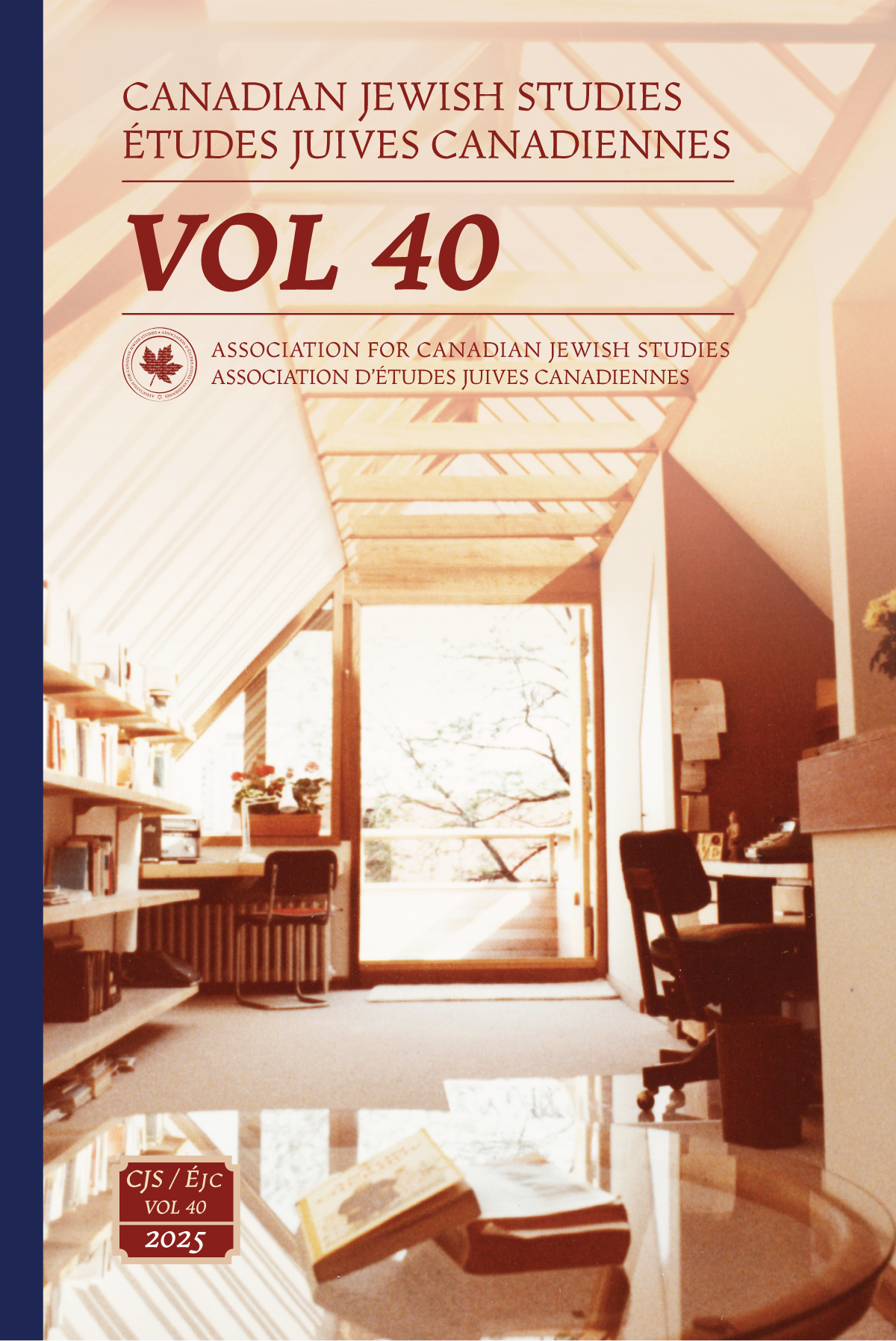Braided Words: Re-storying Holocaust Testimony through Indigenous-Jewish Dialogue
DOI:
https://doi.org/10.25071/1916-0925.40415Keywords:
decolonization, Holocaust, Indigenous Métissage, material culture, methodological braiding, Indigenous-Jewish relations, storytellingAbstract
This article explores how material culture and shared testimony can be the basis for relationship-building between Indigenous peoples and Jews in Canada. It relies on Indigenous Métissage, a decolonizing methodology that uses artefacts to re-story Indigenous-settler relations. Drawing on their experiences as intergenerational survivors of the Holocaust and of Residential Schools, the authors apply this practice to the wartime diary of Melania Weissenberg, a Polish Jew who survived the Holocaust and immigrated to Canada as a war orphan in 1948. By exploring key points of entanglement, the authors create a braid wherein Mi’kmaw and Jewish narratives overlap, intersect, and knot together. This sort of dialogue can illuminate the structures and processes of settler colonialism while beginning to transform Indigenous-settler relations. Although the analysis addresses histories and legacies of genocide, it also shows how Indigenous and settler experiences are related through tradition, place, and memory.
Downloads
Published
How to Cite
Issue
Section
License
Copyright (c) 2025 Krista Collier-Jarvis, jason chalmers

This work is licensed under a Creative Commons Attribution-NonCommercial-NoDerivatives 4.0 International License.
Canadian Jewish Studies/ Études juives canadiennes is a journal dedicated to the open exchange of information; therefore the author agrees that the work published in the journal be made available to the public under a Creative Commons Attribution-Noncommercial-No Derivative Works 4.0 Unported License. The publisher (Association for Canadian Jewish Studies / Association d'études juives canadiennes) recognizes the author's intellectual property rights; authors retain copyright over their work. The author grants the publisher first serial publication rights and the non-exclusive right to mount, preserve, and distribute the intellectual property. The journal is digitized and published on the open access website http://pi.library.yorku.ca/ojs/index.php/cjs/index.







